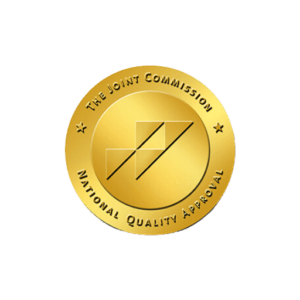Addiction is always a complicated subject matter, especially given that the circumstances are going to vary depending on the substance in question. When talking specifically about Los Angeles opiate addiction, it’s important to understand what this particular addiction looks like and entails. Let’s take a closer look to understand this better.
What Are Opioids?
Opioids are a category of substances that are defined by their morphine-like effect on opioid receptors. This is why, medically, these substances are primarily used for pain relief and anesthetic purposes, as well as suppression of diarrhea, suppressing cough, and treating addiction. However, they are used recreationally too for their euphoric effects. In fact, some opioid addictions can be traced to an initial medical use. Opioids include morphine, heroin, fentanyl, codeine, oxycodone, hydrocodone, and dihydrocodeine. Some of these might have initially been used in a medical setting that eventually led to an addiction, while others might have been introduced to the substance in a separate setting.
Why Are Opioids Addictive?
What opioids do is bind to the opioid receptors found in the central and peripheral nervous system, as well as the gastrointestinal tract. These receptors, in turn, mediate the psychoactive and somatic effects. This is what creates the effects that opioids are known for, including the euphoric emotional ones, as well as the physiological pain relief. Each person’s relationship with opioid addiction is going to be different, so the more emotional and psychological effects of opioid use is bound to vary from one user to the other. However, there are definitely going to unifying effects among different people. This is particularly true when it comes to side effects, which are some of the more visible consequences of addiction.
What Does Opiate Addiction Look Like?
Opioid addiction manifests in a lot of ways, mostly when it comes to neuro tolerance of the substance in question, leading to increased tolerance for use and the need to increase dosage. Common side effects to opioid use can cause nausea and vomiting, itching, drowsiness, dizziness, dry mouth, and constipation. Symptoms such as these are made worse when it comes to withdrawal, which is what happens when someone suddenly cuts or reduces use of an addictive substance. This can cause muscle aches, nausea, diarrhea, insomnia, low mood, and agitation, some of which can eventually harm the body if withdrawal escalates enough. Between that and the risk of overdose, it will be very important to treat Los Angeles opiate addiction before it devolves into severe health complications.
Treating Los Angeles Opiate Addiction
Opioid addiction is not a simple ailment to treat, which is why this is done in very particular places and facilities. We at Saving My Tomorrow, a Los Angeles opiate addiction facility, want to provide addicts with the right place for them to heal and improve upon their situation. We do so with the help of a qualified staff and the appropriate environment. For more information about the rehabilitation services that we offer, give us a call at (818) 457-3302 or fill out the contact form on our website.









